Amarushataka is considered to be one of the finest poetic creations in Sanskrit in ancient India and is a watershed development In the genre of Shringara Rasa. We do not know who the poet Amaru was, but a number of legends abound and it is believed that he lived in the seventh century. In Amaru’s poetic gems love is not measured but experienced, it is not evaluated socially but felt in the deepest recesses of the mind and heart. He paints the varied moods and nuances of love with words that evoke vivid colours and rhythms that are sonorous with music.
Amarushataka basks in a sunlit space, fragrant with the aroma of love, brilliant with the hues of a throbbing heart and within the minute compass of the few lines of a verse we are privy to a whole universe of romance. Amaru’s lovers inhabit a nondescript space, so that our attention is entirely on them and not on the surroundings. Amaru’s lovers are driven by desire, devoid of guilt, finding their fulfilment in a passionate embrace or a loving gaze.
Using traditional prakrit romantic idioms Amaru prepares us for the feast both for the eyes and the ears that is to follow, for the muktakas of Amaru create an emotionally charged world, where every nuance of romantic love is explored, where the pangs and pleasure, pathos and poignancy, of amorous dalliances are sensitively portrayed, where neither the restraint of Dharma nor the restriction of Samasara is allowed to interfere with a glorious celebration of love. Whatever its origins for 1300 years this work has retained its reputation in India is one of the foundational collections of poetry. Poets and critics still use its verses as a template against which to consider other poems.
Such was the impact of Amarashataka, especially in Malwa of the seventeenth century, that it was transformed into miniature paintings in the evocative Malwa style. The one room chamber with strong monochromatic colours and robust figures marks the painting. The book traces the history of Malwa painting.
An interesting side light of the book is an attempt to demonstrate that the verses of Amaru were also perhaps responsible for amorous sculptures in Khajuraho and other temples.
The Book is richly illustrated, has the verses of Amaru in Sanskrit and English and is a source book of shringara Rasa for scholars and students alike.

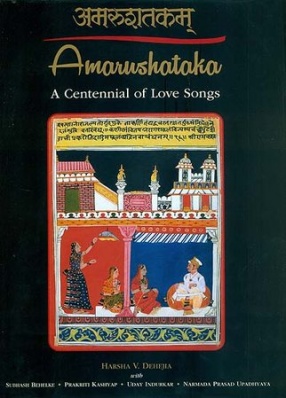
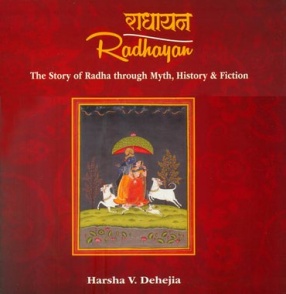
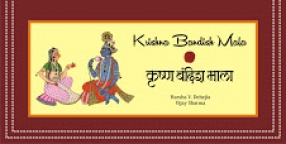
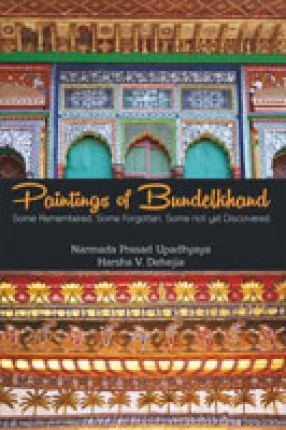
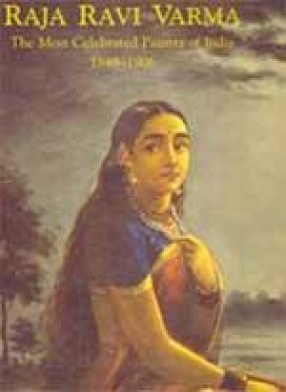
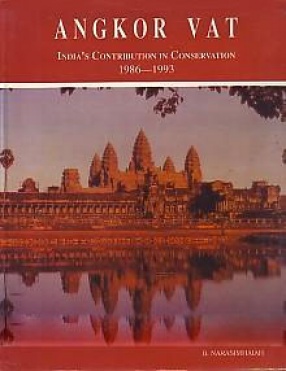

There are no reviews yet.